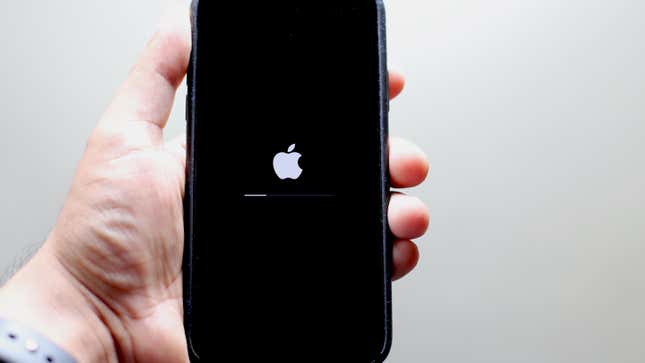
Earlier this week, we urged Apple users to make sure they properly downloaded the company’s latest Rapid Security Response update. The update, which was pushed out to user devices on Monday, was supposed to protect against a serious software vulnerability that hackers might be trying to exploit. However, hours after Apple sent out the security patch, it was revealed that some software changes were causing serious trouble for the Safari browser. As a result, Apple pulled its update from circulation. Now, the company has released yet another series of security updates, these designed to protect users while hopefully not interfering with their web surfing.
On Wednesday, Apple pushed out what it dubbed Rapid Security Responses iOS 16.5.1 (c), iPadOS 16.5.1 (c), and macOS 13.4.1 (c). The updates are designed to protect users from the security issues that the original patch dealt with, while also fixing the browser issue that forced the previous recall.
Advertisement
If you’re worried about how to update your device, have no fear. Apple’s Rapid Security Response updates are designed to be downloaded automatically onto your devices (you’ll need to have automatic updates turned on, as well as “Security Responses & System Files”). The company has noted that you may be prompted to restart your device to complete the update. To ensure that you’ve updated effectively on your iPhone or iPad, you can head to Settings > General, and then click Software Update. On macOS, meanwhile, click on the Apple menu , then head to System Settings. Click General in System Settings, then click Software Update. For an overall background on RSR updates and how they work, head to Apple’s website for a more detailed breakdown.
Apple launched Rapid Security Responses earlier this year as a way to more efficiently deliver security fixes to users. In the past, such fixes were released as part of broader software updates. However, due to the increasing amount of zero-day vulnerabilities being spotted (10 this year alone), the company decided to launch “rapid” updates that did not require a broader software update and are targeted at specific security issues.
Services Marketplace – Listings, Bookings & Reviews